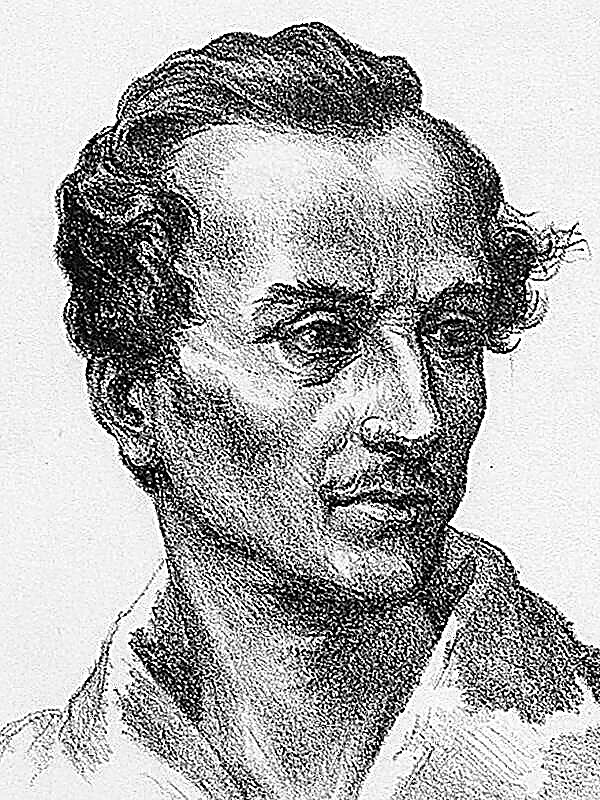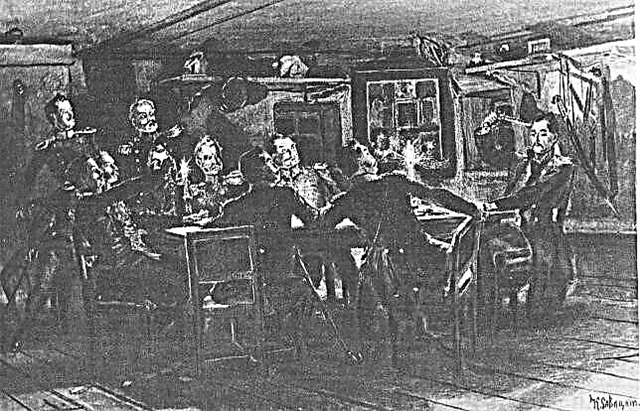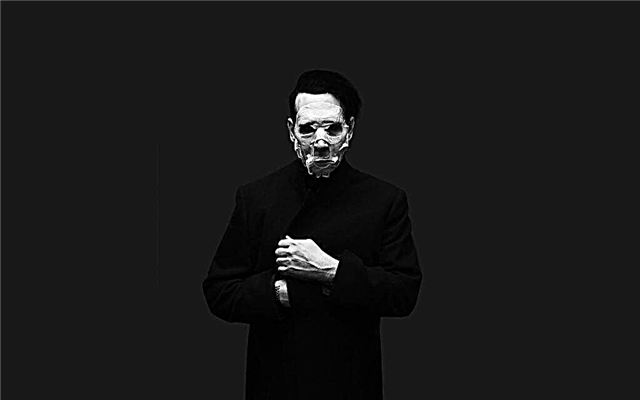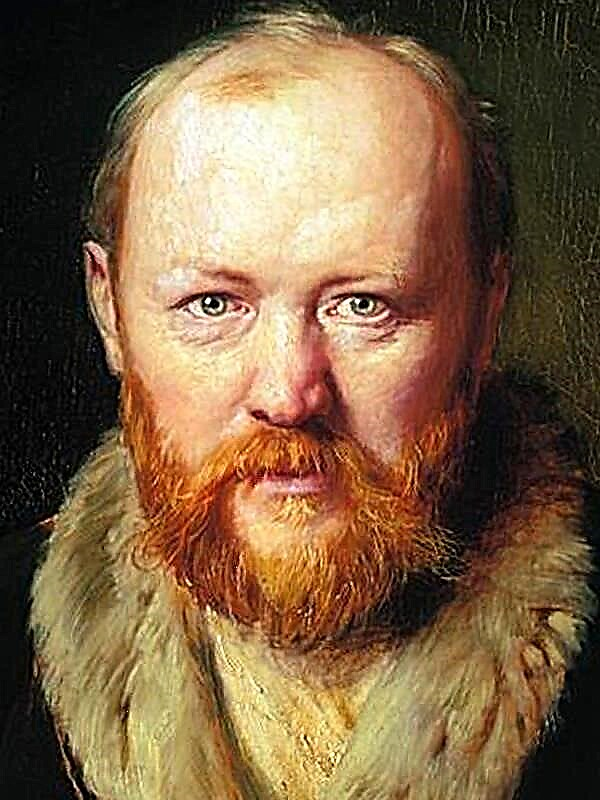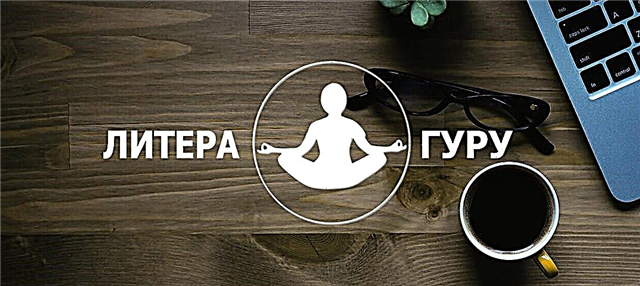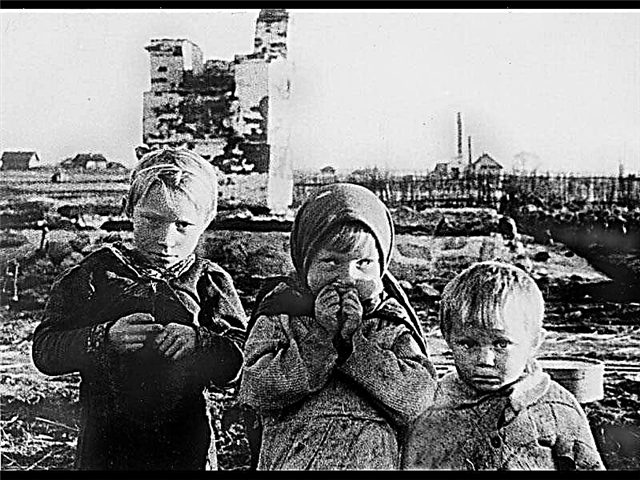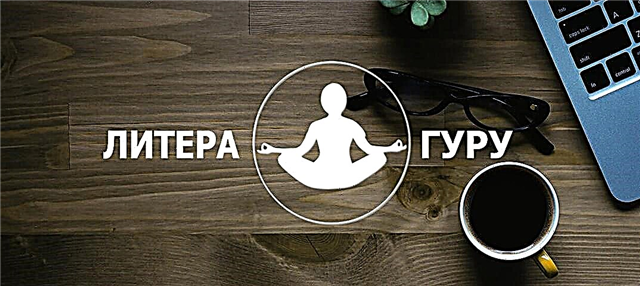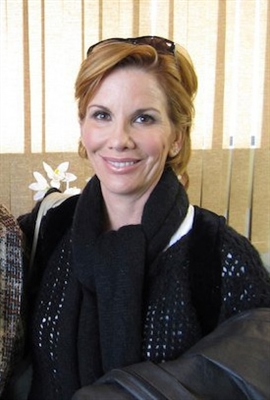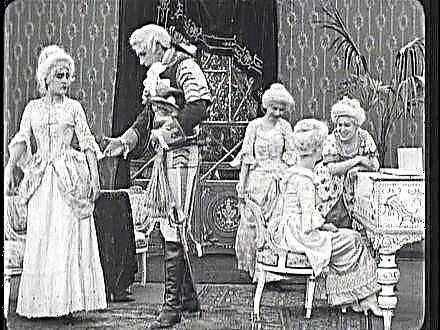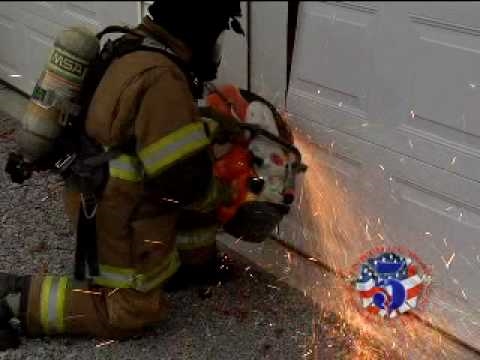On a frosty January midnight of the nineteenth, from the Ivanovo-Voznesensk station, a working detachment assembled by Frunze goes to the Kolchak front. Workers come from all the factories and plants to conduct comrades. Speakers make short speeches before a crowded crowd. On behalf of the detachment, Fyodor Klychkov says goodbye to the weavers. He is a former student, "in the revolution he quickly felt for a good organizer." Workers know him closely and consider them theirs.
The train travels to Samara for at least two weeks. In the Revolutionary Military Council, Klychkov receives a note left for him by the commander of the 4th Army, in which Frunze orders the commissars to immediately follow him to Uralsk, ahead of the detachment, which, due to the devastation on the railway, is moving slowly. On crossroads, in a sleigh, political workers hit the road. Finally, they meet in Uralsk with Frunze. Even on the road, Klychkov listens to the tellers' stories about Chapaev as a national hero. In Uralsk, Fedor Klychkov, after temporary work in the party committee, receives a new appointment - as a commissioner in a military group, whose leader is Chapaev. The continuous battles waged by the Red Army make it impossible to establish organizational and political work. The structure of military units is often so confusing that it is not clear how much the power of one or another commander extends, Klychkov is eyeing military experts who have sided with the Red Army, sometimes wondering if these people are honestly serving the new government? Fedor awaits Chapaev’s arrival: this visit should to some extent clarify the vagueness of the situation.
Klychkov keeps a diary in which he describes his impressions of the first meeting with Chapaev. He amazed him with his ordinary appearance of a man of medium height, apparently of small physical strength, but with the ability to attract the attention of others. In Chapaev, an inner strength is felt that unites people around him. At the first meeting of commanders, he listens to all opinions and makes his, unexpected and accurate conclusion. Klychkov understands how much spontaneous, uncontrollable is in Chapaev, and sees his role in further exerting ideological influence on a truly popular commander.
In his first battle for the village of Slomikhinsky, Klychkov sees how Chapaev is riding a horse along the entire front edge, giving the necessary orders, cheering the fighters, keeping up with the hottest spots at the right time. The commissar admires the commander, all the more so because of his inexperience he is lagging behind the Red Army men who burst into the village. Robberies begin at Slomikhinskaya, which Chapaev stops with one of his speeches before the Red Army men: “I order you to never rob again. Rob only the scoundrels. Do you understand ?! ” And they obey him implicitly - however, returning the loot only to the poor. That which was taken from the rich is divided for sale, so that there is money for a salary.
Frunze by direct wire calls Chapaev and Klychkov to his place in Samara. There he appoints Chapaev as the head of the division, having previously ordered Klychkov to cool the partisan ardor of his commander. Fedor explains to Frunze that it is precisely in this direction that he is conducting his work.
Chapaev tells Klychkov his biography. He says that he was born to the daughter of the Kazan governor from a gypsy artist, which Klychkov doubts somewhat, attributing this fact to the excessive imagination of a national hero. The rest of the biography is pretty ordinary: Chapaev grazed cattle as a child, worked as a carpenter, traded in a shop with a merchant, where he hated merchant-deceivers, walked along the Volga with a barrel organ. When the war began, he went to serve in the army. Due to the betrayal of his wife, he left her, taking the children who now live with one widow. All his life he wanted to learn, he tried to read as much as possible - and painfully feels a lack of education, saying about himself: "How is a dark person!"
Chapaev’s division is fighting against Kolchak. Victories alternate with temporary setbacks, after which Klychkov strongly advises Chapaev to learn strategy. In disputes, sometimes very sharp, Chapaev increasingly listens to his commissioner. Buguruslan, Belebey, Ufa, Uralsk - these are the milestones of the heroic path of the division. Klychkov, approaching Chapaev, observes the formation of his military talent. The credibility of the legendary division commander in the troops is enormous.
The division goes to Lbischensk, from which there are more than a hundred miles to Uralsk. Around - the steppes. The population meets the red shelves with hostility. More and more are being sent to the Chapaev scouts, who inform the Kolchak people about the poor supply of the Red Guards. Not enough shells, ammunition, bread. Whites take aback the exhausted and hungry detachments of the Red Army. Chapaev is forced to wander around the steppe in a car, on horseback, in order to more quickly manage disparate units. Klychkov was recalled from the division in Samara, no matter how he asked to leave him to work next to Chapaev, given the difficulties.
The division headquarters is located in Lbishensk, from here Chapaev continues to go round the brigades every day. Intelligence reports that no large Cossack forces were found near the village. At night, by someone’s order, a reinforced guard is being removed; Chapaev did not give such an order. At dawn, the Cossacks take the Chapaevs by surprise. In a short and terrible battle, almost everyone dies. Chapaev wounded in the arm. Next to him is constantly faithful messenger Petka Isaev, who heroically dies on the banks of the Urals. Chapaev trying to cross the river. When Chapaev almost reaches the opposite bank, a bullet hits his head.
The remaining parts of the division break out from the encirclement with battles, recalling those “who gave their lives on the shores and in the waves of the turbulent Urals with selfless courage”.

